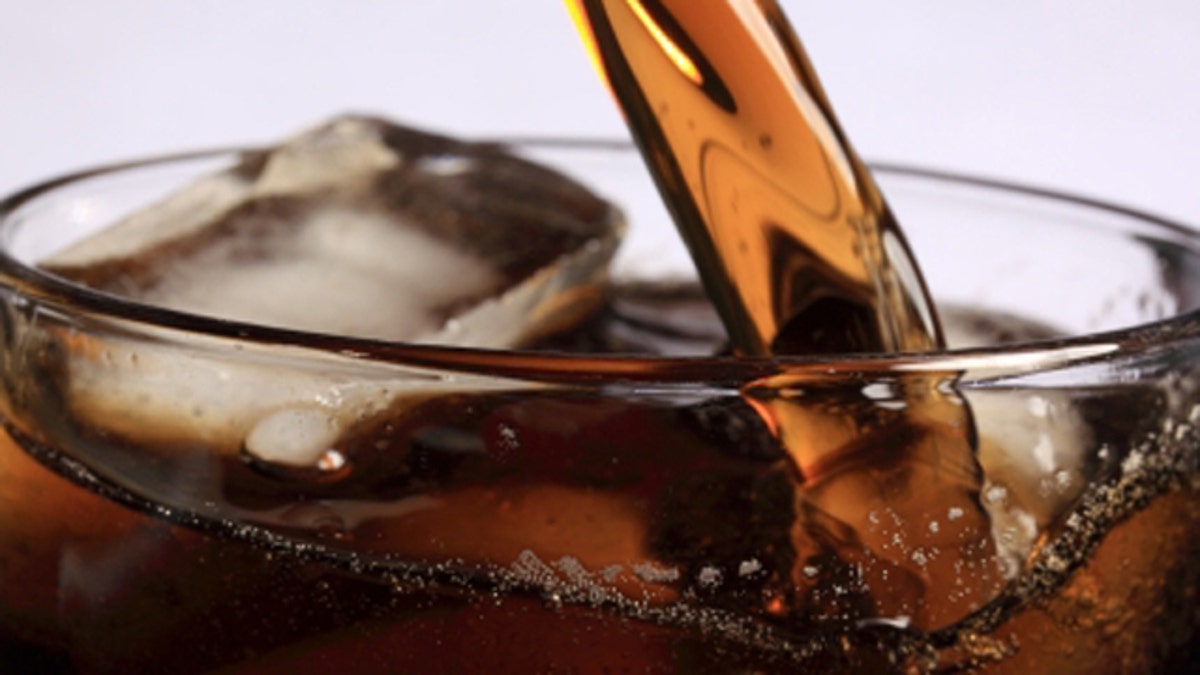
(iStock)
Soda has long been criticized for its high sugar concentration, something that many experts blame for causing adverse health conditions such as obesity and cardiovascular disease. And now, the sugary beverage may also play a role in a completely different area of health: human behavior.
In a new study published in The Journal of Pediatrics, researchers found that children who consume large amounts of soda per day experience more aggression, withdrawal and attention problems.
According to lead author Shakira Suglia, the idea to look at this relationship in children came from a similar study in teenagers.
“In a previous study, my co-authors, Sara Solnick and David Hemenway had noted an association between soda consumption and violent behavior in adolescents,” Suglia, an assistant professor of epidemiology at Columbia University’s Mailman School of Public Health, told FoxNews.com. “I thought it might be interesting to see a similar association between younger children.”
Utilizing data from the Fragile Families and Child Wellbeing study, Suglia and her team analyzed 3,000 5-year-old children from 20 large U.S. cities. The children’s mothers were responsible for self-reporting their child’s soda consumption, as well as filling out a Child Behavior Checklist, which questioned them about symptoms of aggression, withdrawal and attention problems their child may have experienced over a two-month period.
“With withdrawn behavior, we asked questions like, ‘Is the child often quiet? Are they shy? Do they have low energy?’” Suglia explained. “For the aggression, we asked ‘Does the child get into fights at school? Do they destroy things? Attack people?’ And this was all combined into one score.”
Based on the mothers’ reports, the researchers found that 43 percent of the children consumed at least one soft drink a day, and 4 percent consumed four or more a day. After adjusting for several socioeconomic factors, Suglia and her team discovered that any form of soft drink consumption was associated with aggressive behavior. The relationship also resembled a dose-response effect, meaning the more soda a child consumed, the stronger the association with aggressive behavior.
Furthermore, the children who consumed four or more soft drinks a day had a significant association with higher withdrawn scores and higher attention problem scores.
The study does not explicitly prove a causal relationship between drinking soda and aggression, and Suglia acknowledges that some other environmental factor for which they did not adjust may explain the link. However, she believes that soda’s main ingredients could be to blame.
“Caffeine has been associated with child behavior problems, also sugar – though the scientific evidence is mixed,” Suglia said. “But the only two main ingredients that have been examined are caffeine and sugar, so it could be either one of those, and it could be a host of other things (used in the drink).”
Regardless of whether or not soda is the culprit behind these behavioral issues, Suglia said her findings simply add to the growing amount of evidence that sheds a harsh light on soft drinks.
“We already know that soda consumption, particularly with young children, is associated with weight gain, so we already know there are negative health effects,” Suglia said. “So this is another study that suggests there may be even more negative effects of consuming soda among young children.”
In response to the study, the American Beverage Association released this statement:
“It is a leap to suggest that drinking soda causes these or any other behavioral issue. The science does not support that conclusion. The authors themselves note that their study is not able to identify the nature of the association between soft drinks and problem behaviors.’ Importantly, our member companies do not promote or market the consumption of soft drinks to children in the age group examined in this study.”







































